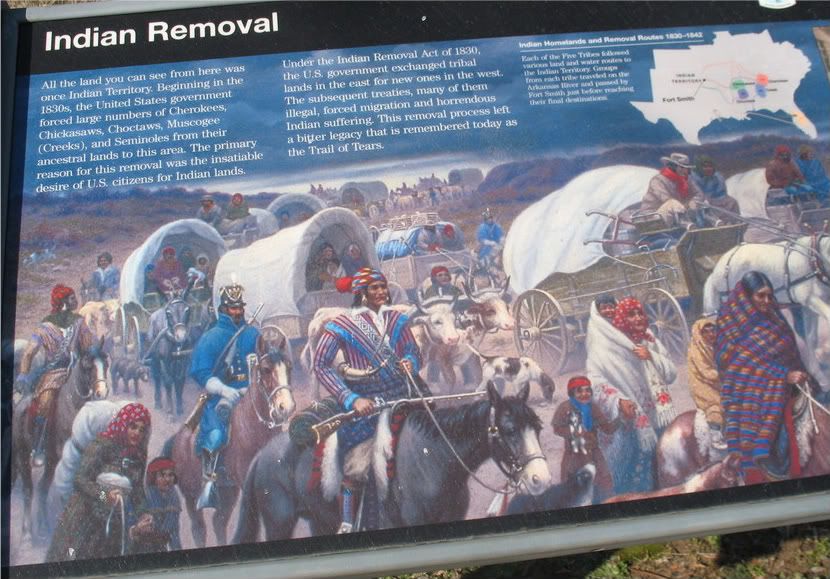I just finished answering someone on YouTube (in a private exchange, not a comment section free-for-all) who seems to think that any use of copyrighted material in a political commentary or other context is de facto a violation of YouTube’s ToS. That may or may not be true, and I’m sure as a private entity there would be dozens of reasons YouTube’s management could give to take down or mute videos, or suspend an account on the basis that the video maker had used copyrighted material without express permission and licensing fees. That’s really not central to my interest in these musings, though perhaps it should be.
What is central is the net impact of something like the DMCA, and the muting of dissent that can spin off of its exercise, which more or less compels a site like YouTube to take down a video if an allegation of infringement is made by a copyright holder contending (possibly just by pattern matching software rather than any use of human judgement) that a particular piece of video is infringing.
I well understand at least the broad dimensions of the conflict of laws issues that are implicit here. Though not being an IP lawyer, my interpretations may be sketchy. But I’m really more interested in how this may be a contributing factor to the increasing irrelevancy of and difficulty in calling to task, those media conglomerates who may have played a huge role in the levels of distraction that led to the present shambles we seem (at least most Americans) to be awakening to in recent months. Yes, I could have made a video that spelled out in detail my response to Cramer’s statements and obfuscations in my own voice-over narration, and perhaps have presented Cramer and Stewart’s words as on screen quotes. But by my estimate, it would probably have been 60 minutes long or longer, had I chosen that course, at least to “say” what I think I’ve said by juxtaposing audio-only excerpts against images meant to elicit a critical response. That part may be a failure in editing or in concept… I don’t really know how anyone else will interpret my juxtaposings (if that is even a word) — in fact I’m kind of curious just how many disparate interpretations might come of it, if it’s even mildly of interest to any viewer. Please forgive my pretensions… put it down to my seeing too many Kenneth Anger and Luis Buñuel films in my misspent youth.
If you find the time, please tell me in your comments if you think the following video is or is not an example of “fair use” in a political commentary. I’ll grant you in advance that it may be overly subtle and the irony may fly over some heads and strike others as trite or annoying. But try to push away your personal views on this for long enough to tell me, is it or is it not a form of political speech? Also feel free to dismantle the “fair use” rationale offered below the fold, and if this is political speech, suggest anyone who might want to take the case, should Viacom issue a DMCA takedown demand based on the edited audio excerpts.
No need to have scruples about YouTube, the vimeo version is below.
The Game (Commentary) from B Unis on Vimeo.



